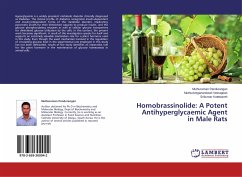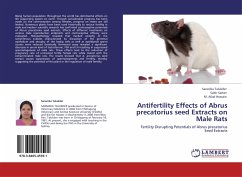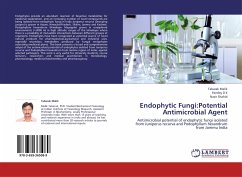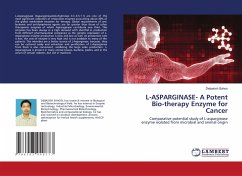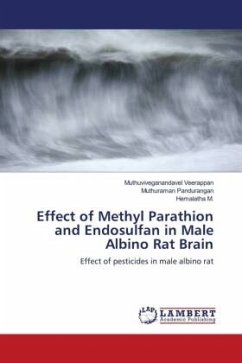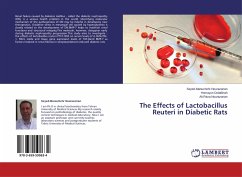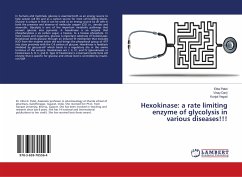Hyperglycemia is a widely prevalent metabolic disorder clinically diagnosed as Diabetes. The clinical profile of diabetes recognized insulin-dependent and insulin-independent forms of this metabolic disorder, implicating pancreatic -cells for their diminished capacity to produce insulin, and the glucose phosphorylating enzymes as well as cellular glucose transporters for diminished glucose utilization by the cells. In this context, the present work becomes significant. A result of this investigation speaks for itself and supports an extremely valuable mammalian role for a plant hormone used in this study. Even though the exact mechanism involved in the regulation of circulating glucose level in the experimental rats employed in this study has not been delineated, results of the study identifies an imperative role for the plant hormone in the maintenance of glucose homeostasis in animal cells.
Bitte wählen Sie Ihr Anliegen aus.
Rechnungen
Retourenschein anfordern
Bestellstatus
Storno

